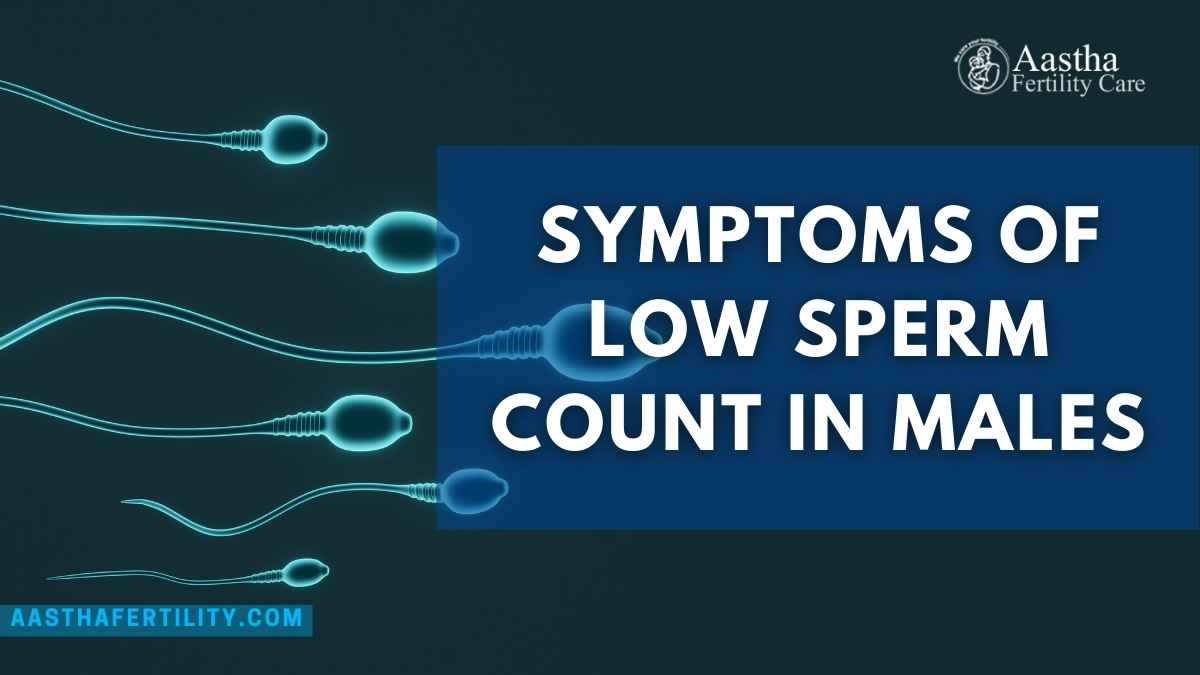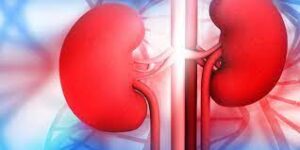Low sperm count, also known as oligospermia, is a common condition that affects many men. It is defined as having fewer than 15 million sperm per milliliter of semen. Low sperm count can be a primary cause of male infertility, as it reduces the chances of sperm reaching and fertilizing an egg.
The most common symptom of low sperm count is difficulty conceiving a child with a partner. However, many men with low sperm count do not experience any symptoms and may not even realize they have the condition until they try to conceive.
Several factors can contribute to low sperm count, including hormonal imbalances, genetic disorders, lifestyle factors, and certain medical conditions. Hormonal imbalances, such as low testosterone levels or an overactive pituitary gland, can affect sperm production and quality. Genetic disorders, such as Klinefelter syndrome or Y chromosome deletions, can also lead to low sperm count.
Lifestyle factors, such as smoking, alcohol consumption, and drug use, can also affect sperm count and quality. Exposure to environmental toxins, such as pesticides and chemicals, can also have a negative impact on sperm production.
Certain medical conditions, such as varicocele, a condition in which the veins in the scrotum become enlarged, and infections, such as epididymitis and orchitis, can also contribute to low sperm count.
Diagnosing low sperm count typically involves a thorough medical history, physical examination, and semen analysis. Semen analysis is a critical diagnostic tool that measures various aspects of semen, such as sperm count, motility, and morphology. Additional tests, such as blood tests and genetic testing, may be necessary to identify the underlying cause of low sperm count.
Treatment for low sperm count depends on the underlying cause. Hormone therapy, for example, may be prescribed to correct hormonal imbalances. Surgery may be necessary to correct varicocele or repair other physical abnormalities. In some cases, assisted reproductive technologies, such as in vitro fertilization (IVF) or intrauterine insemination (IUI), may be recommended to help achieve pregnancy.
There are also several lifestyle changes that can help improve sperm count and quality. These include quitting smoking, limiting alcohol consumption, avoiding drugs, and reducing exposure to environmental toxins. Eating a healthy, balanced diet and getting regular exercise can also improve sperm count and overall reproductive health.
In conclusion, low sperm count is a common condition that can have various underlying causes. Understanding the potential causes of low sperm count and seeking timely medical care can improve the chances of successful treatment and conception. If you or your partner are struggling with infertility, it is important to speak with a healthcare provider to receive appropriate diagnosis and treatment.




